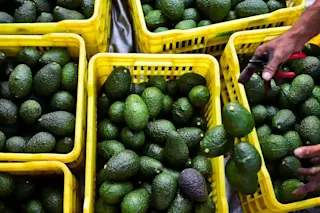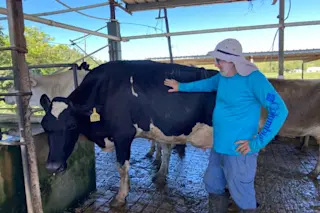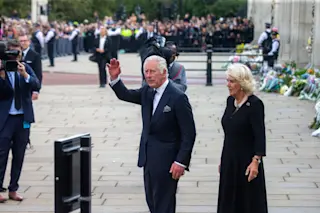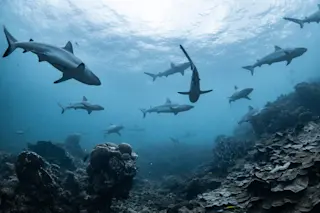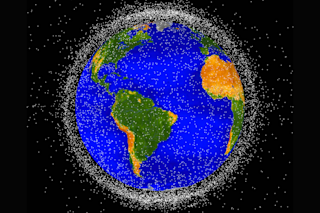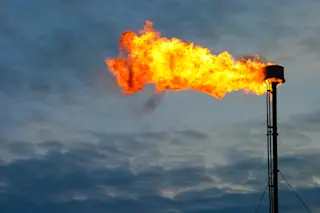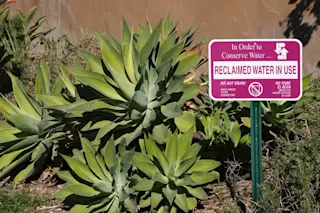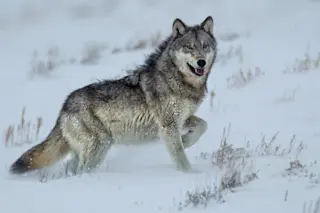Bill Nye, stalwart defender of evolution and climate science, has a new book out called, Undeniable: Evolution and the Science of Creation. Nye, for those unfamiliar with him, is a popular science communicator. He also relishes verbal debate. In recent years, he's become known for taking on creationists and climate skeptics. Nye's reputation as a soldier of science has led some to wonder where he stands on GMOs. Specifically, folks are curious if he's changed his position since 2005, when his television show featured an episode that has since been criticized for mischaracterizing the science of biotechnology in a way that reinforces unwarranted fears, as one observer writes. Others have been more forgiving of that segment:
Most of the questions and fears he raises are the questions and fears of 2005 and, to a disappointing extent, the same fears we need to address today.
So now it's nearly a a ...



